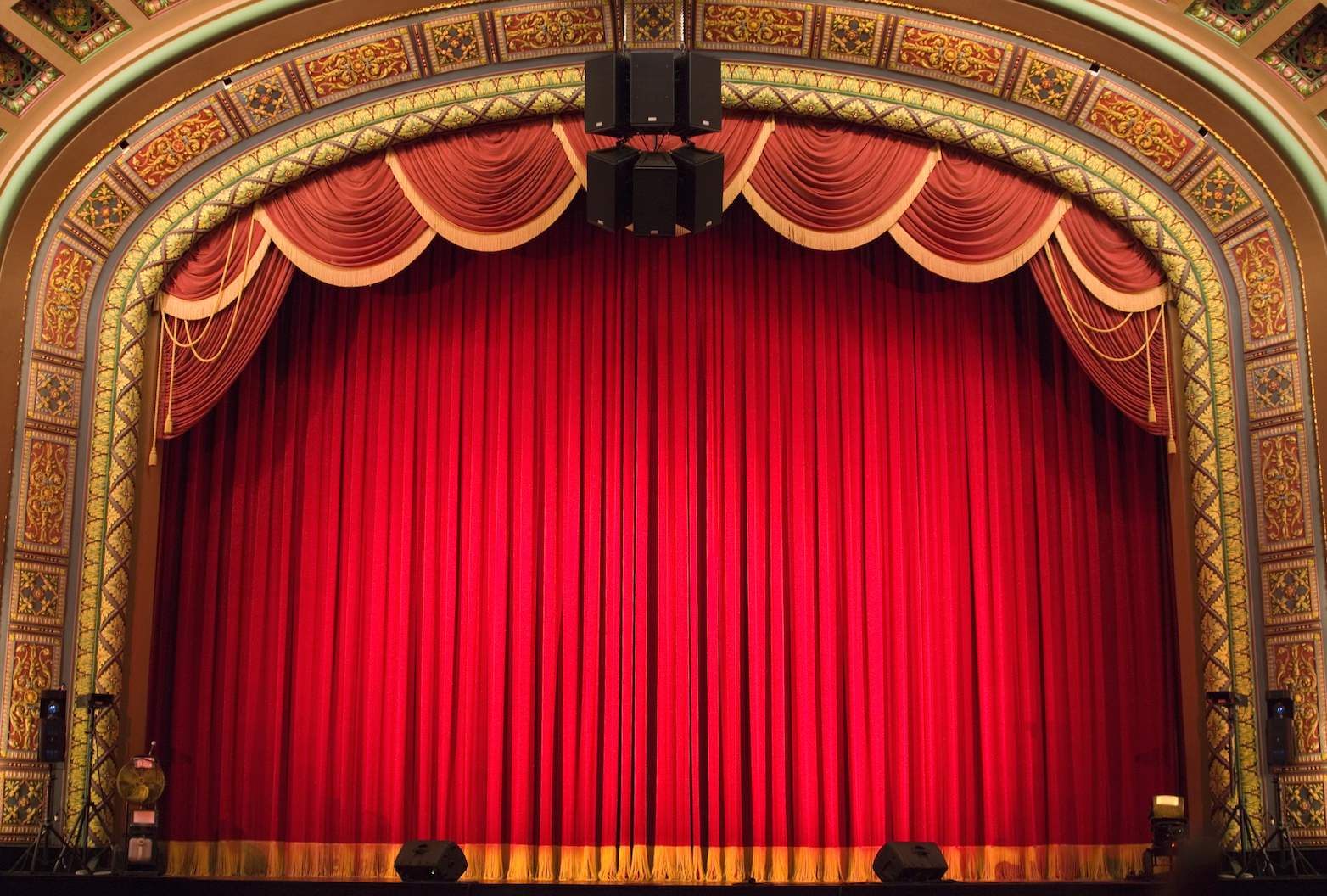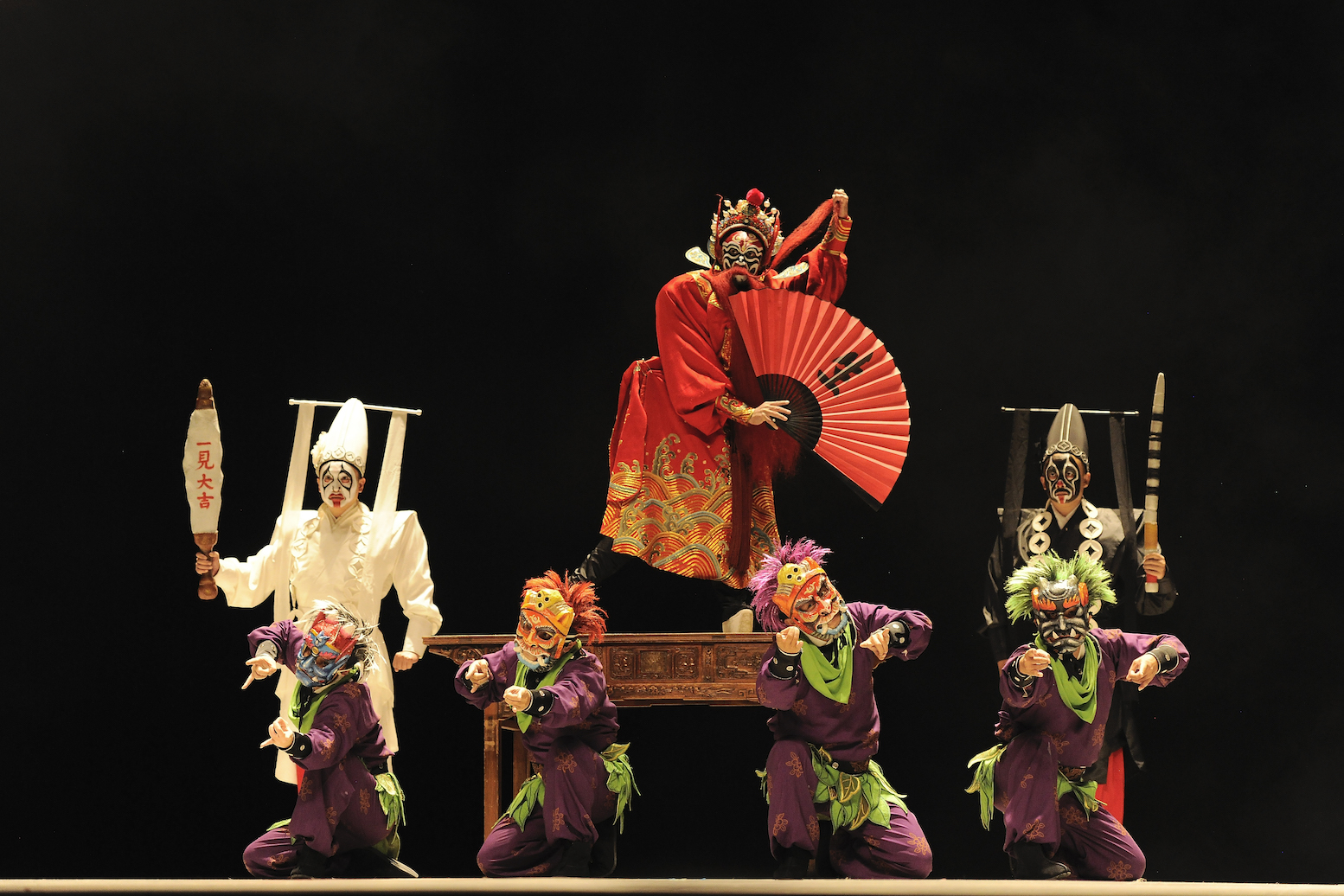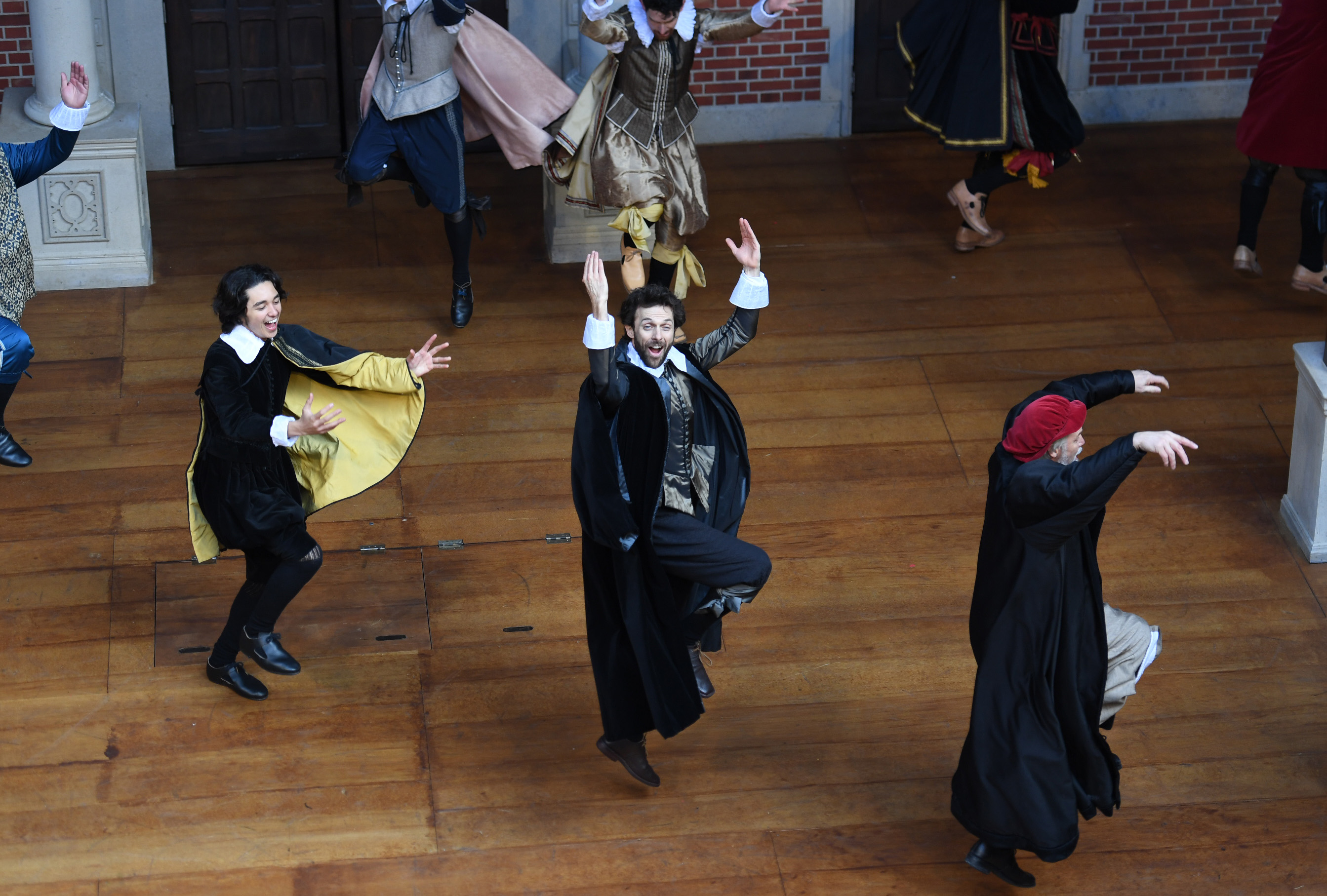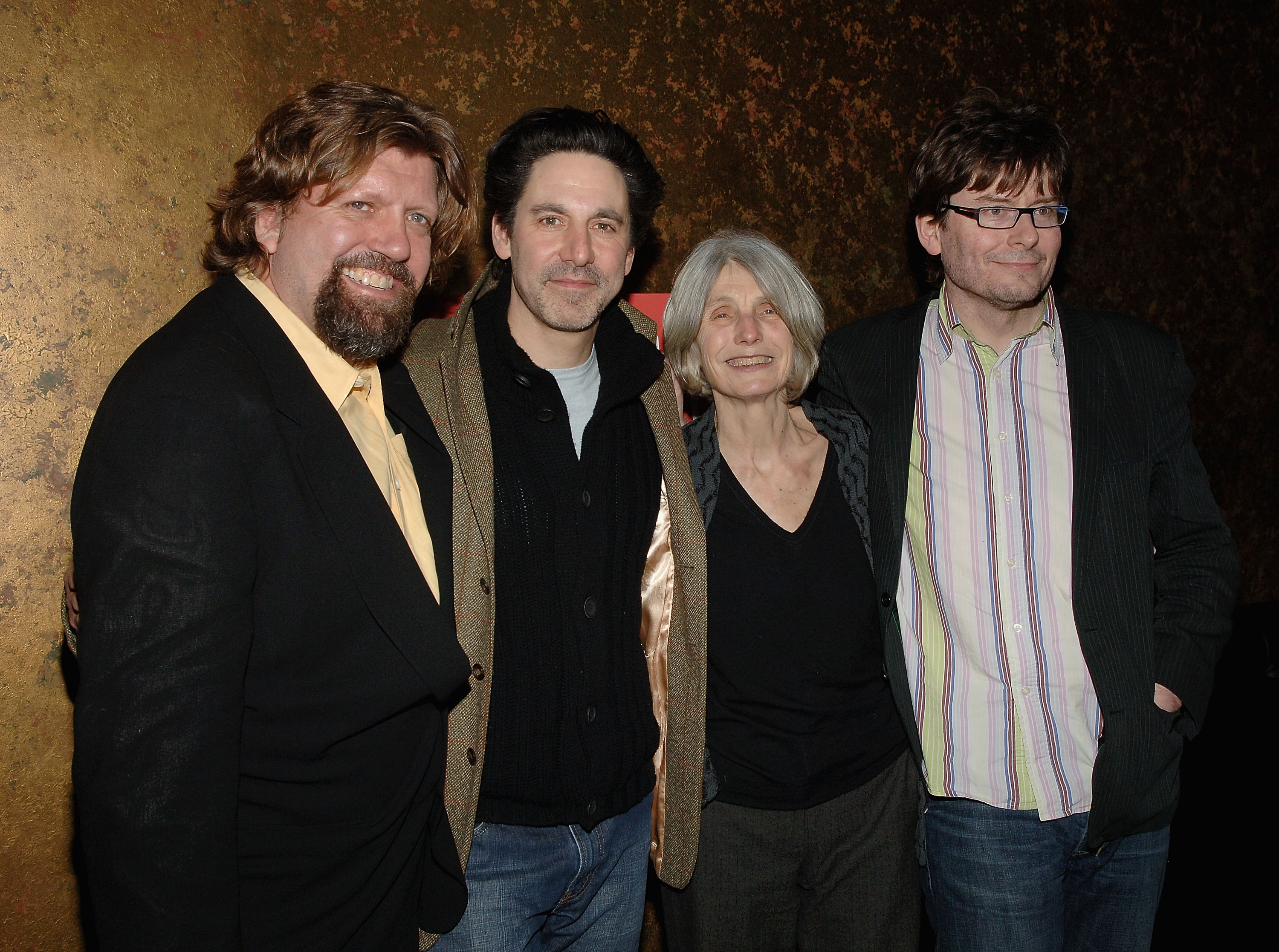
Arts & Culture
The Oscars shift from big screen to TV stream

There’s no easy answer to writing great plays but part of the magic comes from empathy, experience and all that is wondrous and strange
Published 6 April 2022
Theatre has existed since humans first began to act out stories for one another. Yet what makes for good theatre and transcendent performances of lasting significance has never been easy to nail despite its ancient human roots.
Does the secret lie with a genius working outside the fickle, modish taste of the moment, free of institutional discrimination and the cattiness, jealousy and cowardice of their peers? A genius who can shrug at convention as mere slings and arrows?

Or is great theatre actually about learning the ropes, developing your craft, coming up in the business and doing the hard yards in a community of like-minded souls? It may be a less windswept, rugged, individualist and romantic path, but is it better to think of artists as constructed, not born?
Having worked for twenty-plus years reading unsolicited plays, programming at theatre companies, working with playwrights and theatre-makers, sitting on judging panels and advising policymakers – there are no easy answers.
There are certainly plenty of examples of outsiders producing transcendent theatre.

Arts & Culture
The Oscars shift from big screen to TV stream
Take for example the great Chinese playwright Tang Xianzu (湯顯祖) (1550-1616) who on retiring from a life as a low-level imperial functionary at 49, took up writing, wrote just four dramas (the most famous being The Peony Pavilion) and in the process built the finest of China’s dramatic canon.
There’s also German medical physician and revolutionary Georg Büchner (1813-1837) who, at 23, effectively invented modernism with his unfinished play Woyzeck.
And then there’s contemporary US playwright Sarah DeLappe whose first play, The Wolves, went to Broadway, winning her a Yale Drama Series Prize, the American Playwriting Foundation’s inaugural Relentless Award and a Pulitzer Prize nomination – all in 2017 – having debuted just the year prior when she was a first-year writing student at Brooklyn College.
Such stories however are the exception, not the rule.
Shakespeare himself was likely an experienced working actor when he started writing his plays.

So too Chinese playwright Li Yu (李漁) (1610-1680). He was an actor before he became playwright, novelist and formidable touring company entrepreneur-producer.
Legend has it that fifth century Indian playwright Kalidasa ( कालिदास ) was a shepherd who, when humiliated before a great princess, visited a temple, learnt Sanskrit, studied all the eminent texts before ultimately becoming India’s leading classical poet and dramatist.

Arts & Culture
The arts and Australia’s mental wellbeing
And Britain’s Caryl Churchill, perhaps one of the world’s finest living playwrights, began writing plays as a student, then radio dramas while raising her children. In her 30s and 40s she did time as a resident writer at a touring company, before producing astounding, ground-breaking and controversial dramas well into her 70s.
So, is awesome theatre about knowing the rules or breaking the rules? The answer is probably a bit of both.
Making worthwhile theatre, of meaningful social and emotional impact, of legacy value, with shows that maybe even sell some tickets, means hard work and talent.
But it also means accepting working at the unstable meeting points of aesthetics and history, creation and execution, theory and practice, noun and verb, ideal and insult, trial and error, language and linguistics, gesture and breath, frustration and possibility. There is no rule book for any of this.

Conventions accrue, rules accrete, tastes change outrageously and slings still sting, and having the courage to overturn all this can be essential for ground breaking work.
But producing good work is also about more than just courage.
Plays should be celebrated, and studied, in the knowledge that they are themselves studies in change, in real time. That is, even if there was an easy answer as to how to do it, it would change and keep changing, and that is what makes learning the form so outrageous, so compelling and so eternally engrossing.

Arts & Culture
Ablaze with ideas
Such as it is, my advice then to aspiring playwrights is to first engage deeply in history, recall memory, family, country, heritage, evoke useful paradoxes, dream more into Heaven and Earth than in our philosophy, hold infinity in the palm of your hand but don’t try and write in someone else’s handwriting, learn how to redraft not rewrite or rehash, collide form and content at light speed, exchange ideas, and celebrate theatre as a great holistic craft, not a trick to be mastered.
We need, as US playwright Suzan-Lori Parks suggests, to “think with our whole bod”.
We need, as Gunditjmara playwright and polymath Richard Frankland once suggested to me, to “walk a mile in someone else’s shoes”.
We need, as biologist Ursula W. Goodenough observed of emergent systems, to reflect on the gap between water molecules and snowflakes, or the brain’s neurons and our memories, as “something more from nothing but...”.
And like the hoary theatre magic that conjures Old Hamlet’s ghost, embrace all that is simultaneously wondrous and strange.
Associate Professor Chris Mead’s new book Wondrous Strange: seven brief thoughts on new plays is published by Currency Press.
Banner: Getty Images